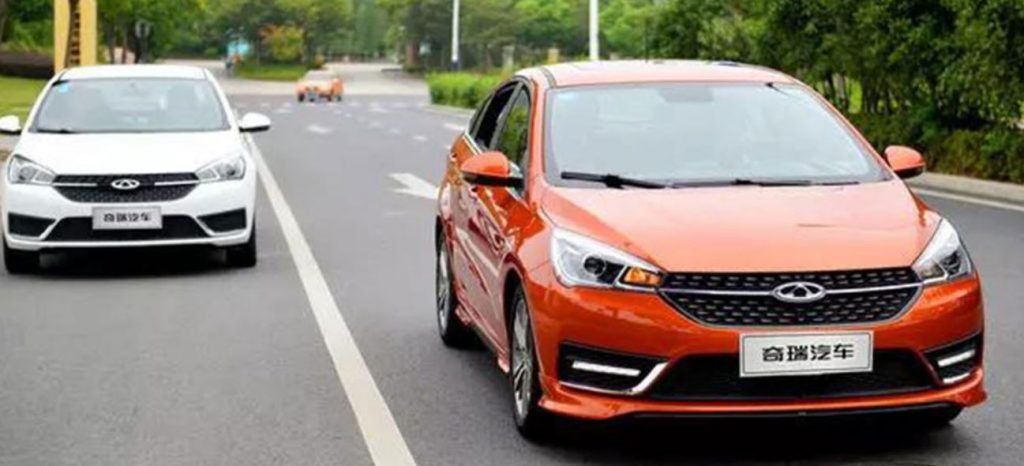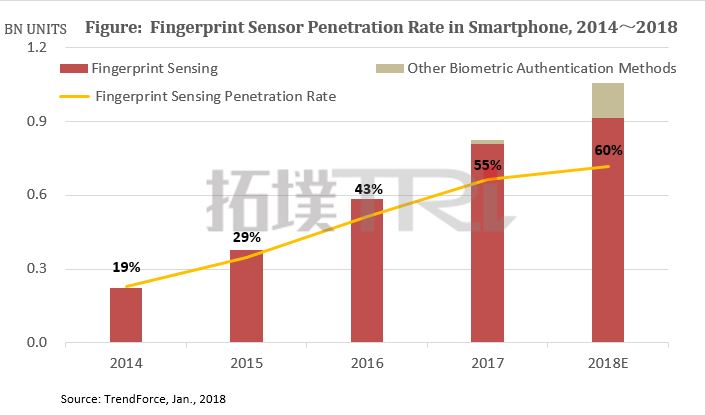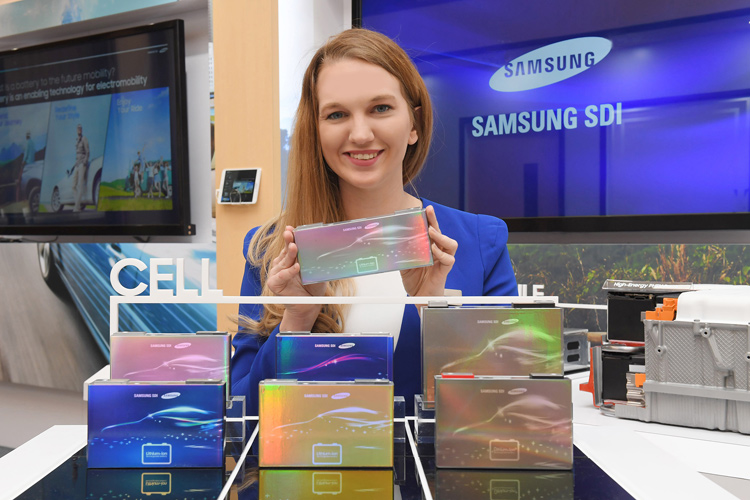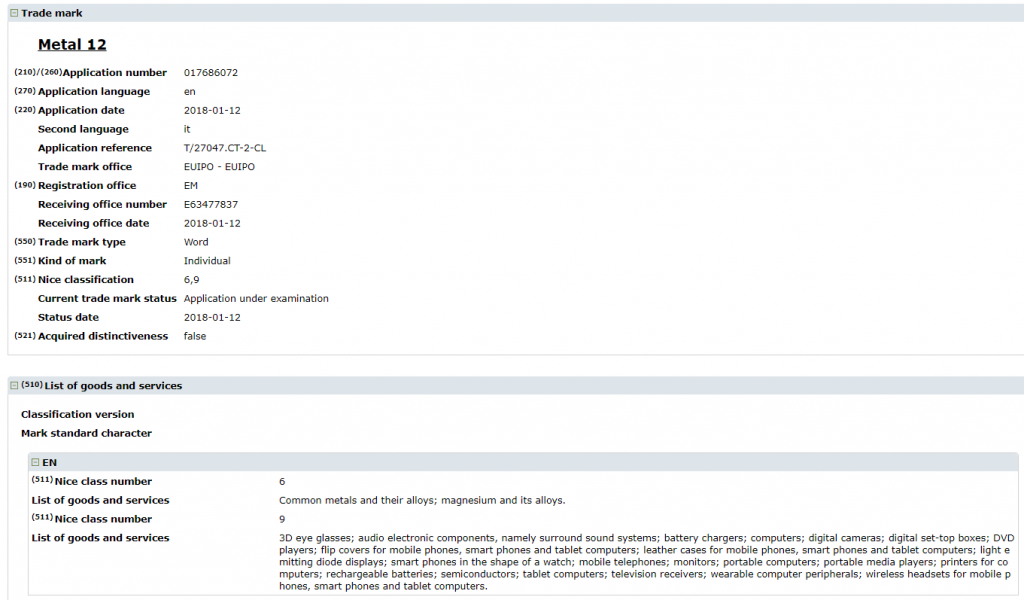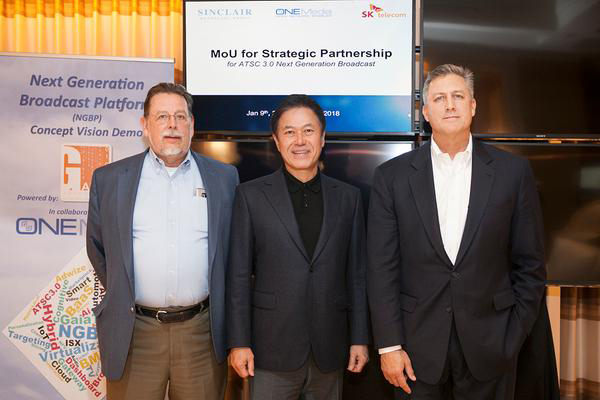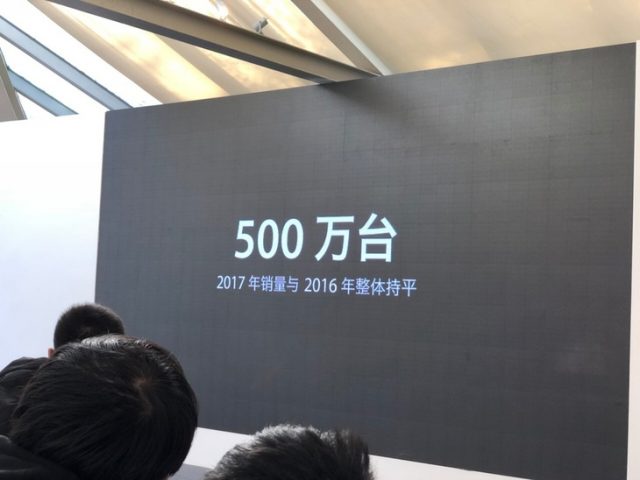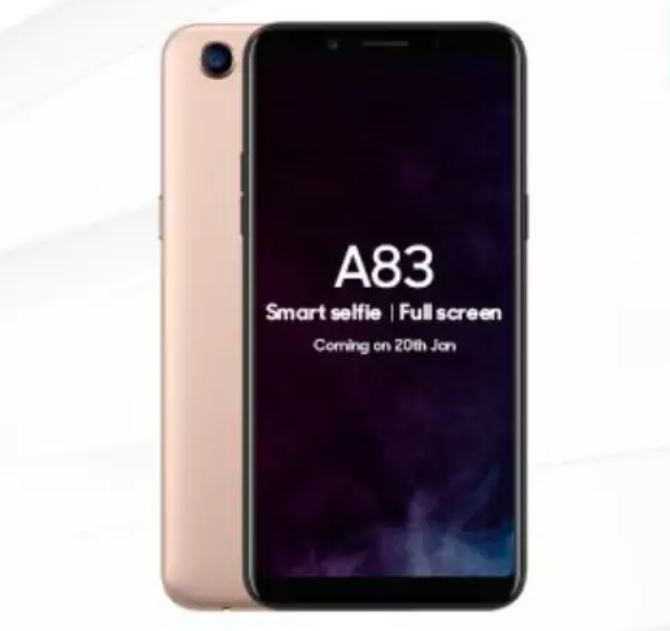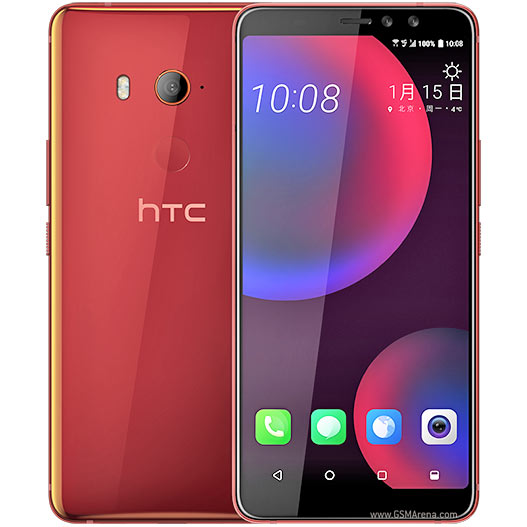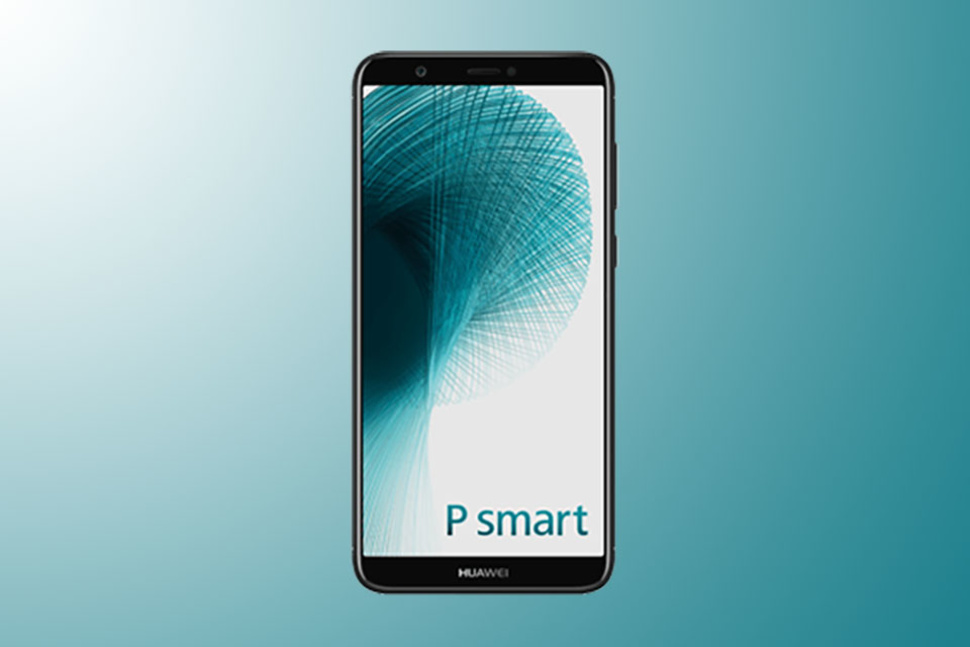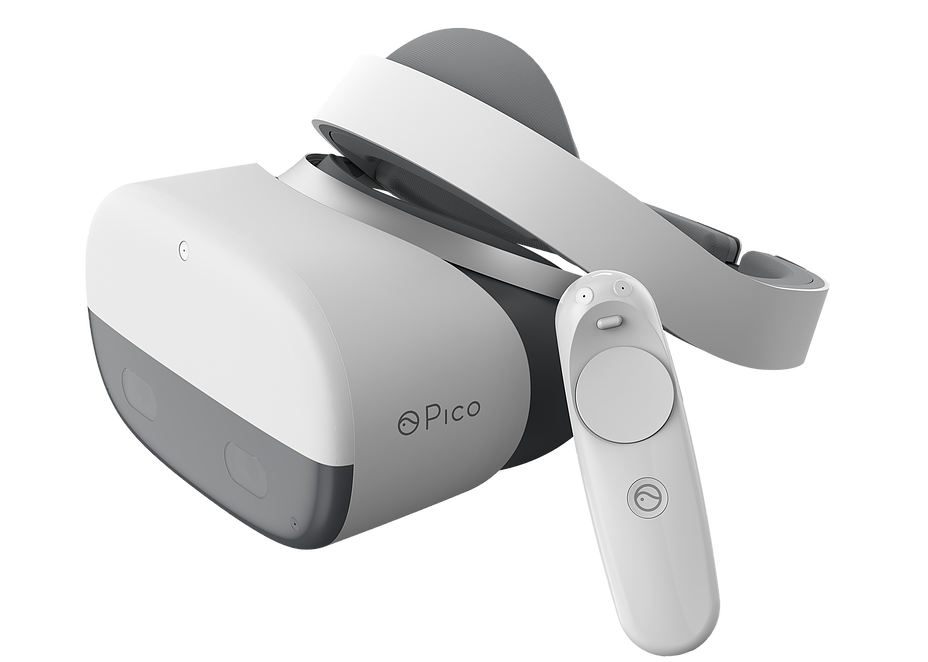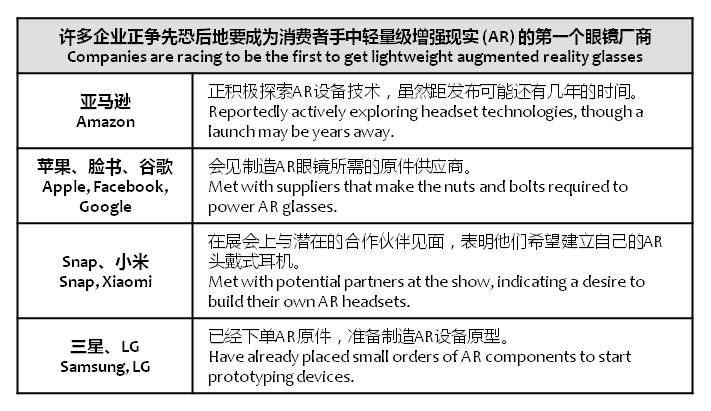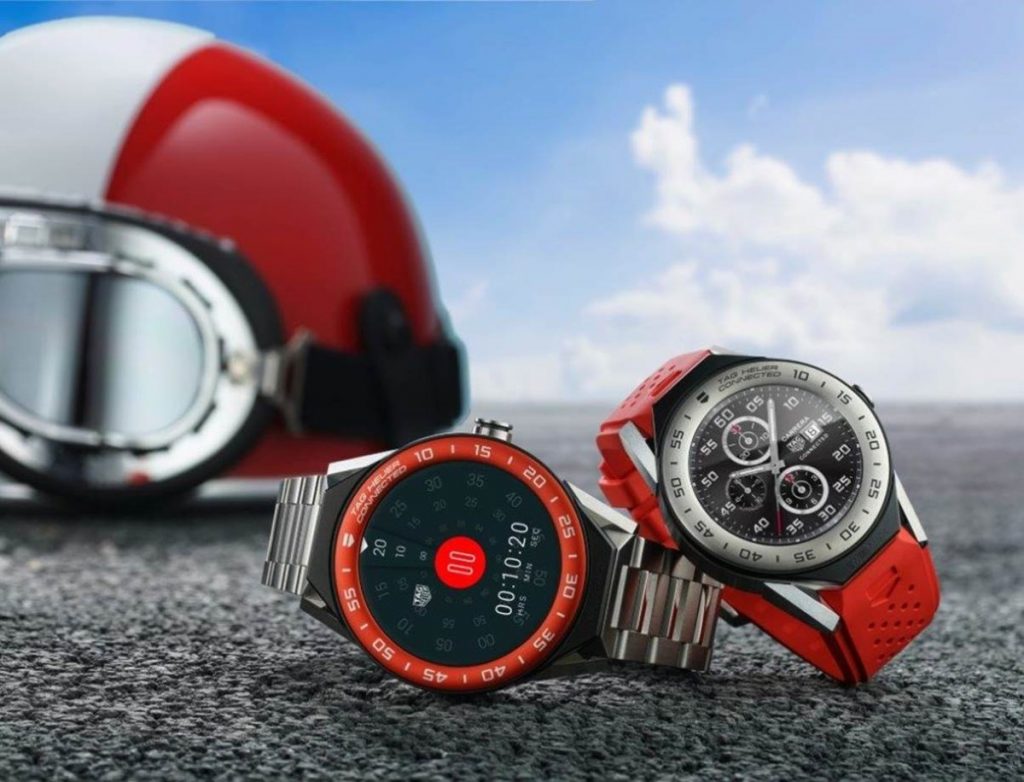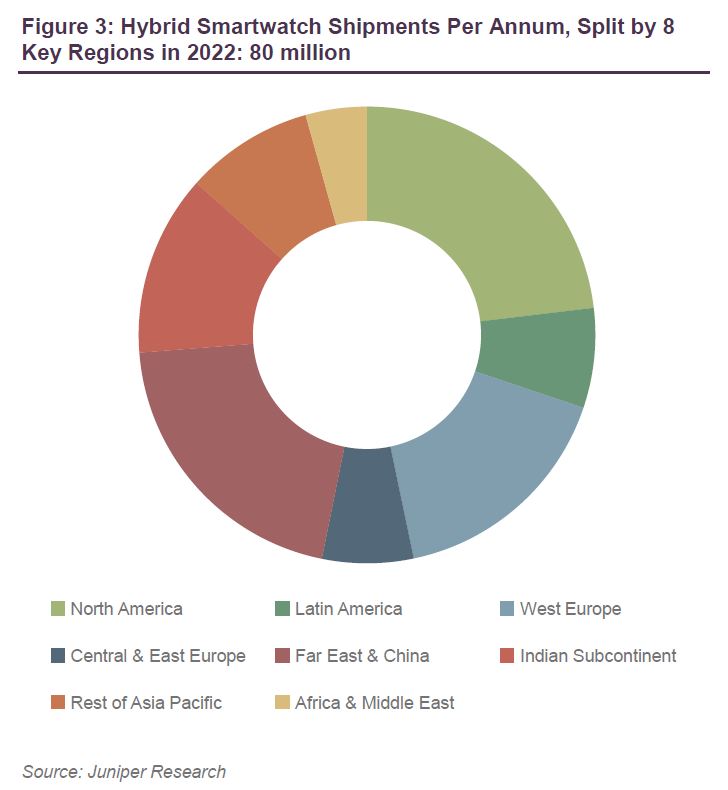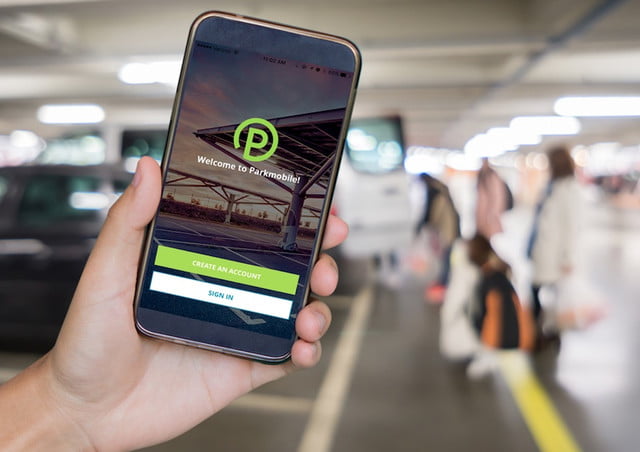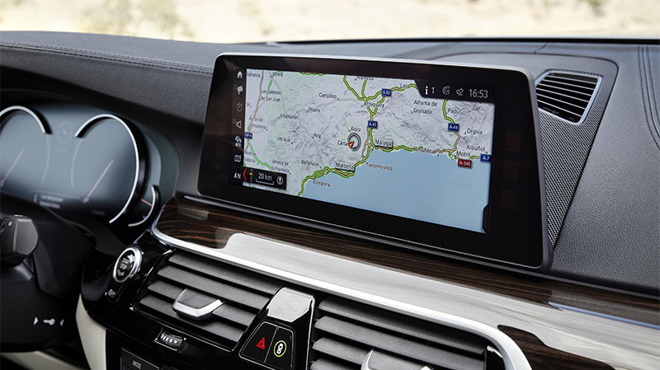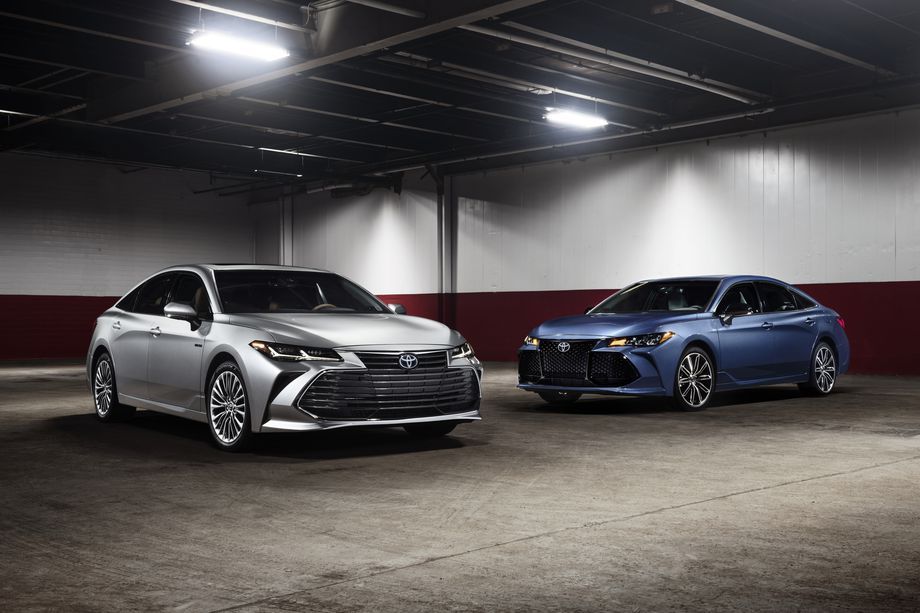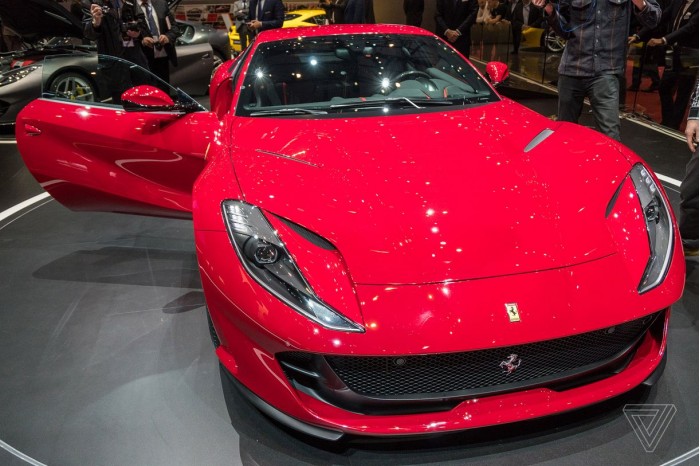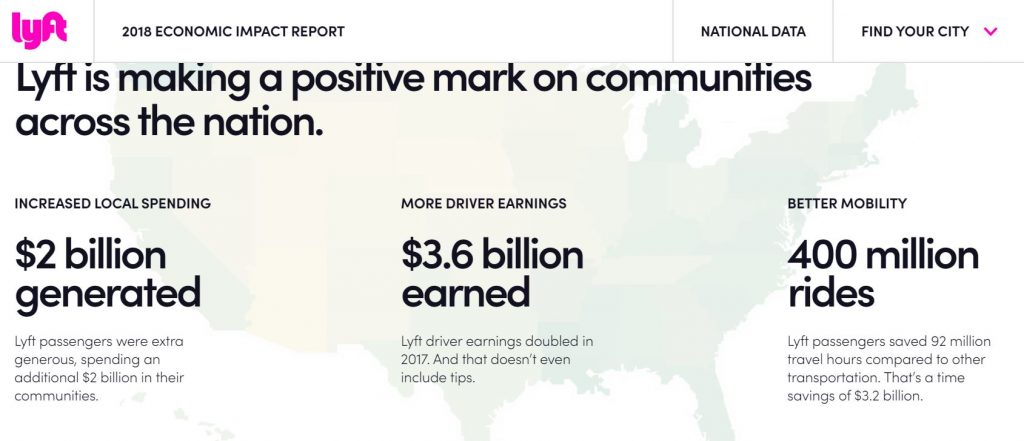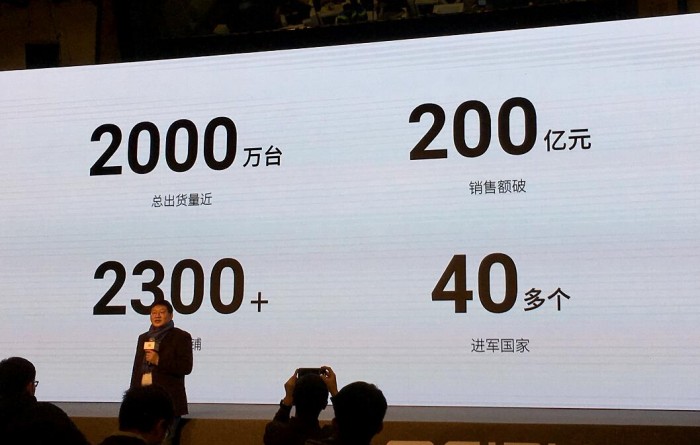
01-17: vivo has announced the arrival of its E-store in India; Meizu wants to re-engineer its high-end market and would focus more on the high-end market; etc.
Chipsets
Chery, one of China’s leading automakers, is adopting the new ZF ProAI system, powered by NVIDIA DRIVE AI self-driving technology, to bring Level 3 autonomous driving to the world’s biggest auto market. (TechCrunch, NVIDIA, Reuters, Sina, Sohu)
The expanding markets for Internet of Things, automotive electronics, and smart home devices have driven the demand for power management integrated circuit (PMIC) and microcontrollers (MCU), etc., resulting in the 200mm foundries’ less input in LCD driver ICs. WitsView points out that the foundries have raised their quotes for driver ICs. Consequently, fabless IC companies may also raise their quotes to panel makers by 5%~10% due to the cost pressure. (TrendForce[cn], TrendForce, press)
Qualcomm has launched its public defense against the USD105B hostile takeover attempt by Broadcom, asking shareholders to have confidence in management’s strategy and push aside the suitor. Qualcomm said it aims to post adjusted earnings per share of USD6.75~7.50 in fiscal 2019 (revenues USD35B~37B) while continuing its current cost-cutting plan. (Android Headlines, Barron’s, Bloomberg, iFeng, CZTV, Sina)
Biometrics
While Apple is likely to add Face ID to more products in 2018, LG Innotek’s rumored TrueDepth supply expansion will only come into play in 2019. LG Innotek has recently announced a USD821M investment into camera and emitter module facilities. Apple is reportedly “looking into” combining facial recognition and camera modules. (Apple Insider, ET News, CN Beta)
Fingerprint sensors will still be the first choice for most Andriod phones in 2018, since other biometric authentication methods available for Andriod phone makers cannot completely replace fingerprint identification yet, says TrendForce. Meanwhile, in-display fingerprint sensors are expected to make breakthrough in 2018, and vendors like Samsung, LG, OPPO, vivo, Xiaomi, Huawei are likely to embed this technology, bringing the global fingerprint sensor penetration rate in smartphones to 60%. (TrendForce[cn], TrendForce, press)
Battery
Samsung SDI is showcasing a number of battery technologies, including a fast-charging battery. The battery cells enables Electric Vehicles (EVs) to travel as far as 600km (373 miles) after a 20min charge. Samsung SDI also has multi-functional module battery packs on display that allow users to adjust the number of modules to capacities they need to achieve the driving distance as well as “Low Height Cell”, whose height has been reduced by more than 20% from existing cells. (Sammy Hub, Elektro, Business Wire, Tencent, 163)
Material
Samsung has recently filed a trademark for the material it used in building its Notebook 9 (2018) laptop. As per the filing, the lightweight magnesium-aluminum alloy will go by the name “Metal 12”. The filling also reveals that Samsung is planning to use the same material in manufacturing its other products like the Galaxy phones and Gear smartwatches. (Android Headlines, GizChina, Ubergizmo, IB Times, Sam Mobile, Yesky, My Drivers)
Connectivity
SK Telecom and Sinclair Broadcasting Group have signed a memorandum of understanding (MoU) take the lead in the development of ATSC 3.0 broadcasting. ATSC 3.0 has been established as the next-generation of broadcasting standard in the U.S. (Android Headlines, Pulse News)
SoftBank, the Japanese telecom company that owns 80% of U.S. carrier Sprint, is considering an IPO that would spin off the company’s mobile phone unit. This will allow the company to raise the equivalent of USD18B. (Reuters, Phone Arena, iFeng)
Smartphones
Xiaomi has reportedly selected Morgan Stanley and Goldman Sachs Group among international banks for its planned initial public offering. Credit Suisse Group AG and Deutsche Bank AG have also been chosen to work on the IPO that could see the company target a valuation of as much as USD100B. (Bloomberg, Android Authority, Sina, 163, Tencent)
Micromax is set to launch the first Android Go (Oreo Edition) smartphone in India later in Jan 2018. Called Bharat Go, the device will be an entry-level smartphone. Bharat is the company’s existing series of devices focused on lower-tier of the market and for first-time smartphone buyers. (Android Authority, XDA Developers, Economic Times, Sohu, iFeng)
U.S. lawmakers are urging AT&T, the No. 2 wireless carrier, to cut commercial ties to Huawei Technologies and oppose plans by telecom operator China Mobile to enter the U.S. market because of national security concerns, two congressional aides said. (Android Authority, Reuters, 163, iFeng)
vivo has announced the arrival of its E-store in India, enabling purchases of smartphones from anywhere in the country. Early shoppers can join the “Launch Carnival” promos which include offers, discounts and a draw. (GSM Arena, vivo)
Meizu SVP Yang Zhe announces that in 2017 the company has shipped near 20M units in more than 40 countries and regions worldwide. The company’s revenues have exceeded more than CNY20B. Compared to 22M units in 2016, Yang Zhe believes it is mainly due to the overall smartphone sales decline in China in 2017. (Gizmo China, CN Beta)
Meizu SVP Yang Zhe unveils that the company plans to rebuild the brand image and also create a new design style. The company wants to re-engineer its high-end market and would focus more on the high-end market. Meizu plans to collaborate with Qualcomm and Samsung in 2018 in order to propel its ambitious drive to target the market with high-end products in 2018. (Gizmo China, My Drivers, GizChina)
Samsung India has decided to launch a new series of smartphones in 2018 exclusively for online, which will be high on hardware specifications and aggressively priced to target Xiaomi bestsellers. This series will focus on the INR5,000-15,000 price bracket appealing to the youth. (Economic Times, Gizmo China, GizChina, Huanqiu, My Drivers)
360 Mobiles chairman Li Kaixin has announced there is 5M shipped units in 2017, which is a 127% growth in comparison to 2016. 80% of the products are mainly sold online. (GizChina, My Drivers, CNMO)
In 2017, Apple re-categorized tips made within an app as in-app purchases, causing Tencent’s WeChat messaging app to disable tipping because Apple takes a cut of in-app purchases. Now, it seems as though Apple and Tencent have come to an agreement — and tipping in WeChat will reportedly be re-enabled. Tencent will revamp the tipping system in WeChat to send tips directly to individuals. (Apple Insider, WSJ, Digital Trends, iFeng, CS.com, Baijiahao)
Xiaomi has reportedly started the development of its next generation of MIUI custom ROM. MIUI software division, Huang Longzhong has confirmed that MIUI 10 or MIUI X will be released by Xiaomi later in 2018. (Android Headlines, Gizmo China, iMobile, Sina, Sohu)
OnePlus CEO Peter Lau has revealed that sales of their smartphones in 2017 had doubled to USD1.4B, and that this had generated ‘healthy profits’. It comes as OnePlus plans to challenge bigger players by tying up with mobile networks in the US and Europe. (Android Headlines, Telegraph, Sohu, JRJ, IT Home)
OPPO A83 is launched in India – 5.7” 720×1440 HD+ display, MediaTek Helio P23 MT6737T processor, rear 13MP + front 8MP cameras, 3GB RAM, 32GB storage, Face Unlock, 3180mAh battery, INR13,990. (Gizmo China, NDTV)
HTC U11 Eyes is launched – 6” 2160×1080 FHD+ display, Qualcomm Snapdragon 652 processor, rear 12MP UltraPixel + front dual 5MP cameras, 4GB RAM, 64GB storage, IP67 rated, 3930mAh battery. (Engadget, Liliputing, HTC)
Huawei P Smart (Enjoy 7S in China) is launched at Vodafone UK – 5.65” FHD display, HiSilicon Kirin 658 processor, rear dual 13MP – 2MP + front 8MP cameras, 3 / 4GB RAM, 32 / 64GB storage, Android 8.0, 3000mAh battery. (Pocket-Lint, TechRadar, Pocket Now)
Wearables
Pico Interactive, maker of high-end ultra portable VR headsets, has teamed up with The Dream VR, a pioneering 360 video/virtual reality (VR) technology and multi-device distribution platform, to bring The Dream VR’s premium original content to the Pico Goblin and Pico Neo all-in-one VR headsets. (PR Newswire, Android Headlines, VR Focus, VRRB)
[CES2018] Companies are racing to be the first to get lightweight augmented reality glasses into consumers’ hands. Lumus CEO Ari Grobman indicates that almost everyone is preparing an AR product, some will lead, others will be in a position to follow right away. Clay Bavor, who runs Google’s VR and AR unit, says several technological breakthroughs will be required to miniaturize the display and optics. (Bloomberg, Phone Arena, Sohu, Tencent)
TAG Heuer launches Connected Modular 41 – 390×390 AMOLED display at 326ppi, Intel Atom Z34XX processor, 1GB RAM, 8GB storage, Android 4.4, water-resistant up to 50m, from USD1200. (Ubergizmo, Android Authority, TAG Heuer, CN Beta, Sohu)
Juniper Research found that hybrid smartwatches such as Fossil Q and Nokia Steel, which appear to be analogue watches with some smartwatch functionality, will make up over 50% of the smartwatches market in 2022. Nearly 80M hybrid smartwatches will be shipped by 2022, up 460% from an estimated 14M in 2017. Digital display smartwatches, such as the Apple Watch and Fitbit Ionic, will increase by a more conservative 160%. (Android Headlines, Wearable, Business Wire, Juniper Research, white paper)
Internet of Things
Tivo Corp has again accused cable operator Comcast Corp of using its patented interactive programming technology without authorization, the latest salvo in the companies’ long-running royalty dispute. (Engadget, TiVo, Business Insider, Variety)
Ford Motor will significantly increase its planned investments in electric vehicles to USD11B by 2022 and have 40 hybrid and fully electric vehicles in its model lineup, Chairman Bill Ford said. The investment figure is sharply higher than a previously announced target of USD4.5B by 2020. (Ubergizmo, Reuters, The Verge, Bit Auto, iFeng)
Softbank’s Vision Fund has agreed to invest EUR460M in Berlin-based online car dealer Auto1. Auto1 says the deal values the company at EUR2.9B. Softbank is taking a 20% stake in Auto1 via this investment. (TechCrunch, Auto1, Financial Times, Cyzone, CN Beta)
BMW has acquired Parkmobile, an app that provides guidance and services for those looking for parking in North America, including on-street and garage parking payments and spot reservation. BMW Group has already held a minority investment in the company, and owned its Parkmobile Group Europe affiliate. (TechCrunch, BMW, Digital Trends, Sohu)
Currently, BMW offers Apple CarPlay as a USD300 option on car models with built-in navigation systems. Starting 2019, however, BMW owners will need to pay USD80 per year for the luxury, according to Don Smith, technology product manager for BMW North America. (CN Beta, Apple Insider, The Verge)
Toyota has confirmed that its 2019 Avalon and several other 2019 model year vehicles will come with Apple CarPlay as standard. The 2019 Toyota Avalon is the first car from Toyota to feature CarPlay. (TechCrunch, Ubergizmo, Toyota, Sohu)
Ferrari, spun off from Fiat Chrysler Automobiles, will make a battery-powered supercar to challenge Tesla at the high end of the electric-auto market. Ferrari will introduce its first SUV, which will be “the fastest on the market” by late 2019 or 2020. (TechCrunch, Bloomberg, CN Beta, 163)
Lyft passengers spent USD2B on local businesses and services in 2017, according to the results of the 2018 Lyft Economic Impact report. By contrast, Lyft riders had an economic impact of USD750M in 2016. The company also announced it has doubled rides in 2017, reaching 375.5M rides in the United States and Toronto Canada, its first international market launched in Dec 2016. (Forbes, Lyft, Sina)
Inventec, one of the two assemblers for Apple HomePod, has started shipping Apple’s long-awaited “smart” speaker with an initial shipment of about 1M units. Hon Hai Precision Industry is the other assembler of HomePods. HomePod shipments this year are expected to reach 10M~12M units, with Inventec and Hon Hai each fulfilling half of the orders. (CN Beta, XCN News, Unwire.HK, Taipei Times)
Fintech
Former Wells Fargo Chairman and CEO Dick Kovacevich believes that bitcoin is a scam. He thinks it is a pyramid scheme. It makes no sense, and he is just surprised it is not even lower. (CN Beta, CNBC)
